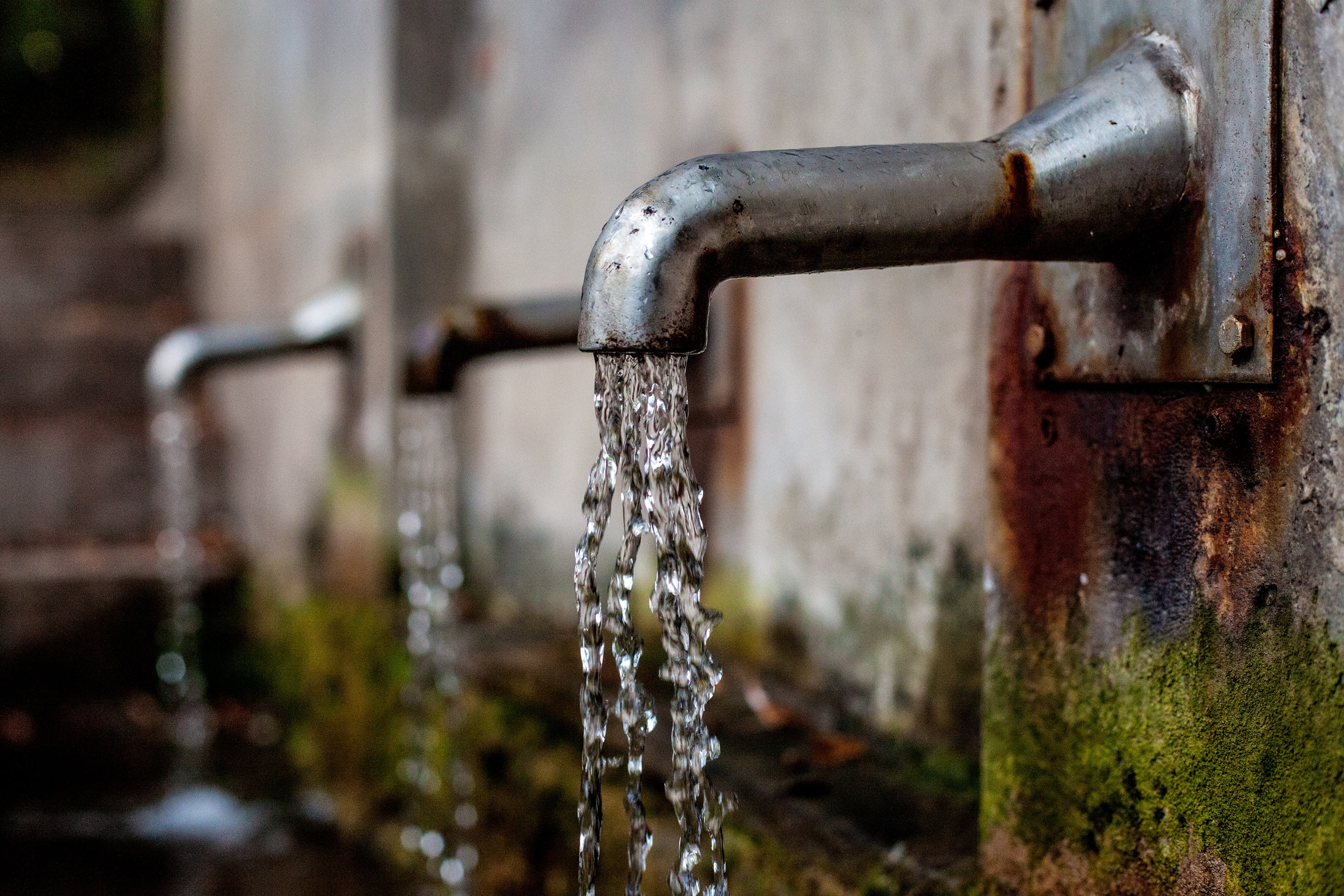
Welcome to the world of plumbing, where the unseen intricacies of pipelines play a crucial role in our daily lives. Taking a moment to consider the vast network of pipes that weave through our homes and cities, one gains a newfound appreciation for the balance and flow that they maintain. From delivering clean water for drinking, cooking, and bathing, to efficiently removing waste for safe disposal, plumbing is an indispensable part of modern living. Join us on a journey as we unveil the secrets of these silent heroes that keep our environments clean and functional.
Pipelines: An Overview
When it comes to plumbing, pipelines serve as the vital arteries that keep the system flowing smoothly. These essential conduits are responsible for transporting water and other substances throughout buildings, ensuring that essential functions such as bathing, cooking, and waste disposal are carried out efficiently.
In residential and commercial settings, pipelines come in various materials, including copper, PVC, and PEX. Each type has its own unique characteristics and advantages, catering to different needs and requirements. Proper installation and maintenance of pipelines are crucial to prevent leaks, blockages, and other issues that can disrupt the flow of water and cause damage to the property.
Understanding the layout and design of pipelines is key to optimizing the plumbing system’s performance. By considering factors such as water pressure, flow rate, and pipe size, plumbers can create an efficient network of pipelines that ensures a constant and reliable water supply throughout the building.
Common Plumbing Issues and Solutions
Leaky faucets are a common annoyance in many households. The constant dripping not only wastes water but can also lead to higher utility bills. To address this issue, checking and replacing the washers or O-rings inside the faucet can often resolve the problem.
Clogged drains are another frequent plumbing issue that can disrupt daily activities. An effective solution is to use a mixture of baking soda and vinegar, followed by hot water, to break down and flush away the blockage. For more stubborn clogs, a drain snake or plunger can be used to clear the pipes.
Low water pressure can be frustrating when trying to shower or wash dishes. One potential cause is mineral buildup in the aerators of faucets and showerheads. Unscrewing and cleaning these components with vinegar can help restore water flow to its normal level.
Modern Innovations in Plumbing Technology
In recent years, the plumbing industry has witnessed a surge in technological advancements that have revolutionized the way plumbing systems operate. One of the most significant innovations is the development of smart leak detection systems. These cutting-edge devices are equipped with sensors that can detect even the smallest leaks in a plumbing system, helping homeowners and businesses avoid costly water damage.
Another noteworthy innovation is the rise of eco-friendly plumbing fixtures and appliances. Companies are increasingly focusing on creating products that conserve water and energy, helping to reduce the environmental impact of plumbing systems. Low-flow toilets, sensor-activated faucets, and tankless water heaters are just a few examples of these sustainable solutions that are gaining popularity in the market.
Furthermore, advancements in pipe materials have also played a crucial role in improving the durability and efficiency of plumbing systems. Traditional materials such as copper and PVC are being replaced by more innovative options like PEX and HDPE, which offer benefits such as better resistance to corrosion, flexibility for easier installation, and longer lifespan. These modern materials are shaping the future of plumbing, making systems more reliable and cost-effective for both residential and commercial properties.